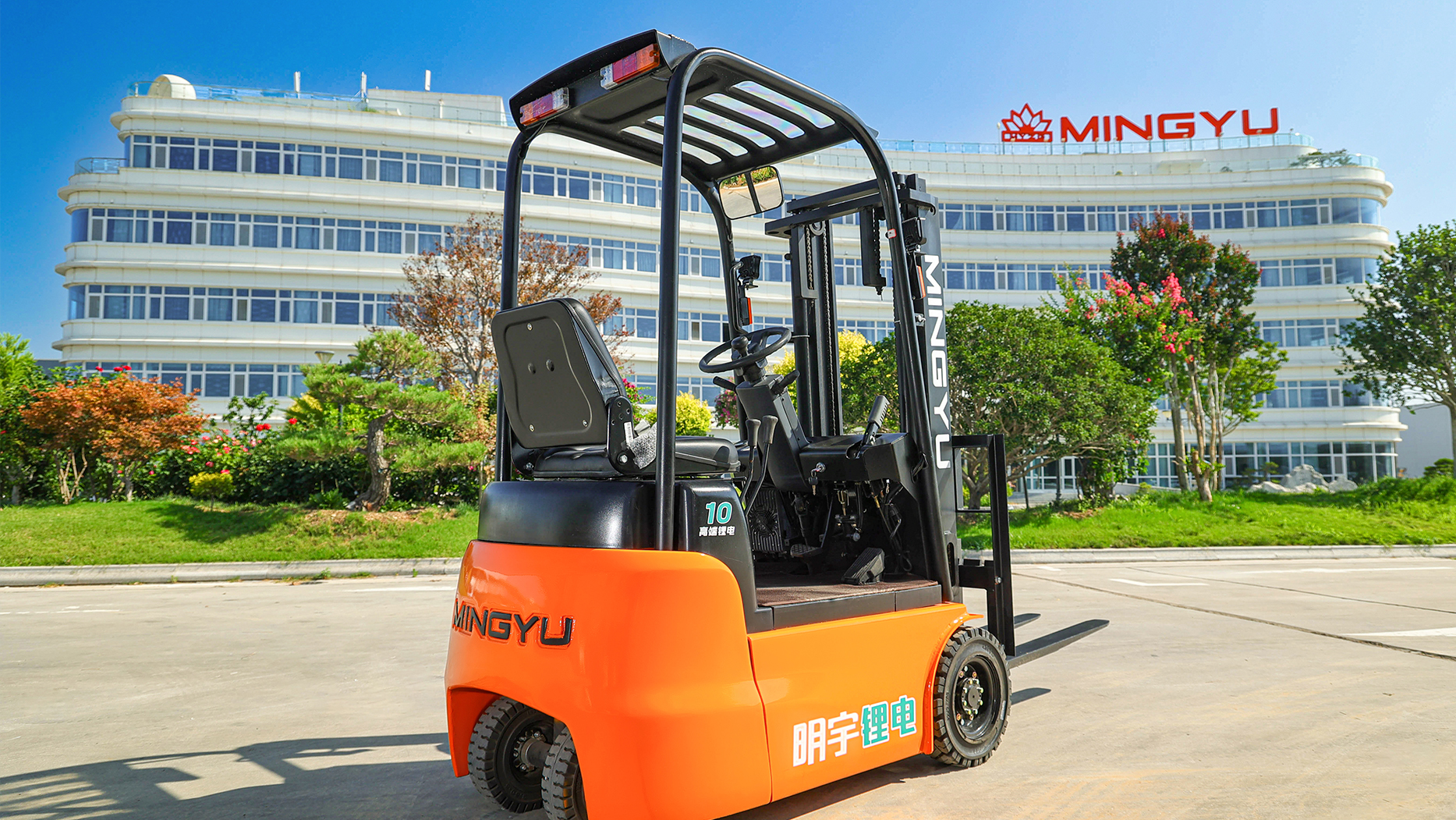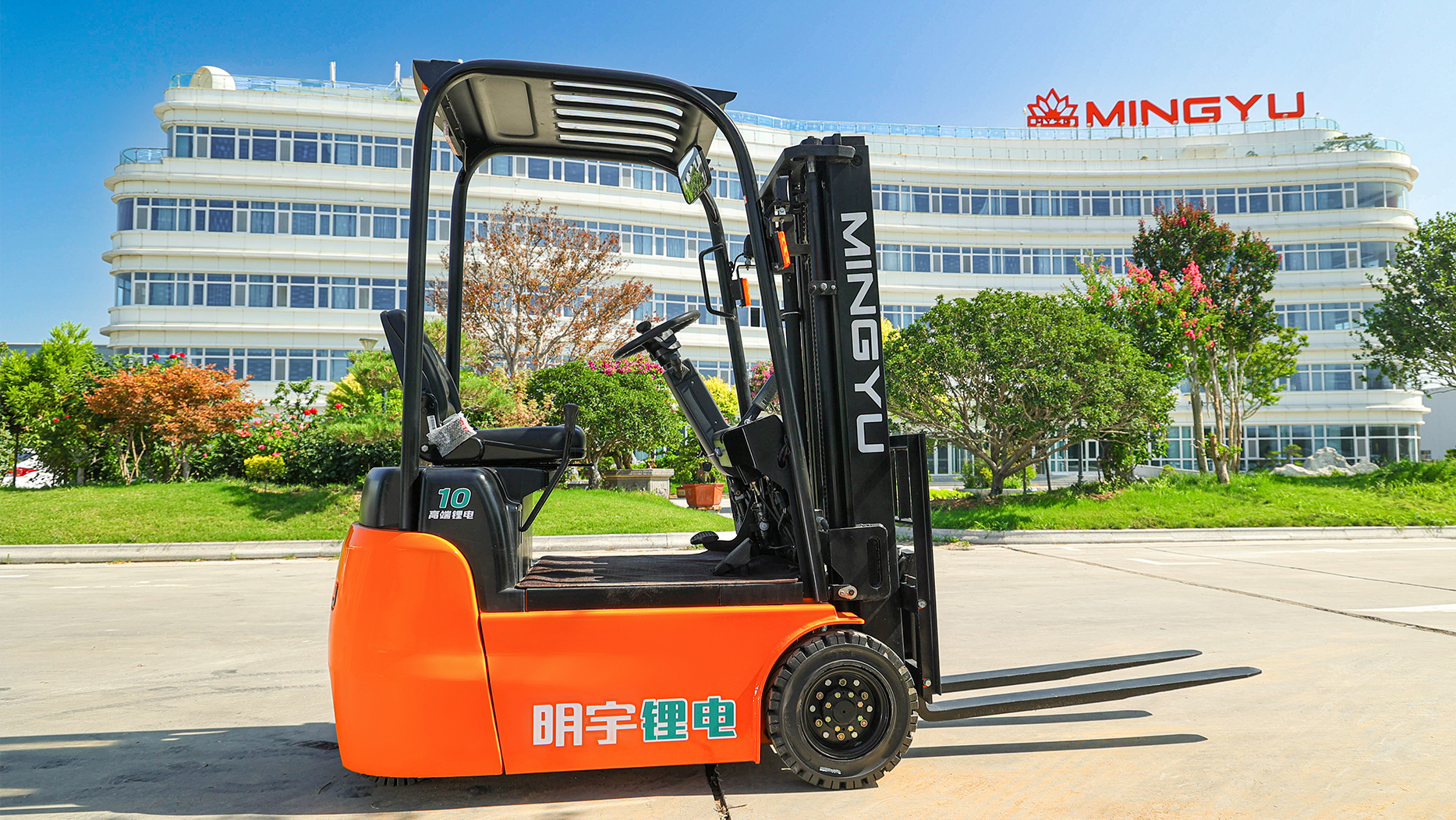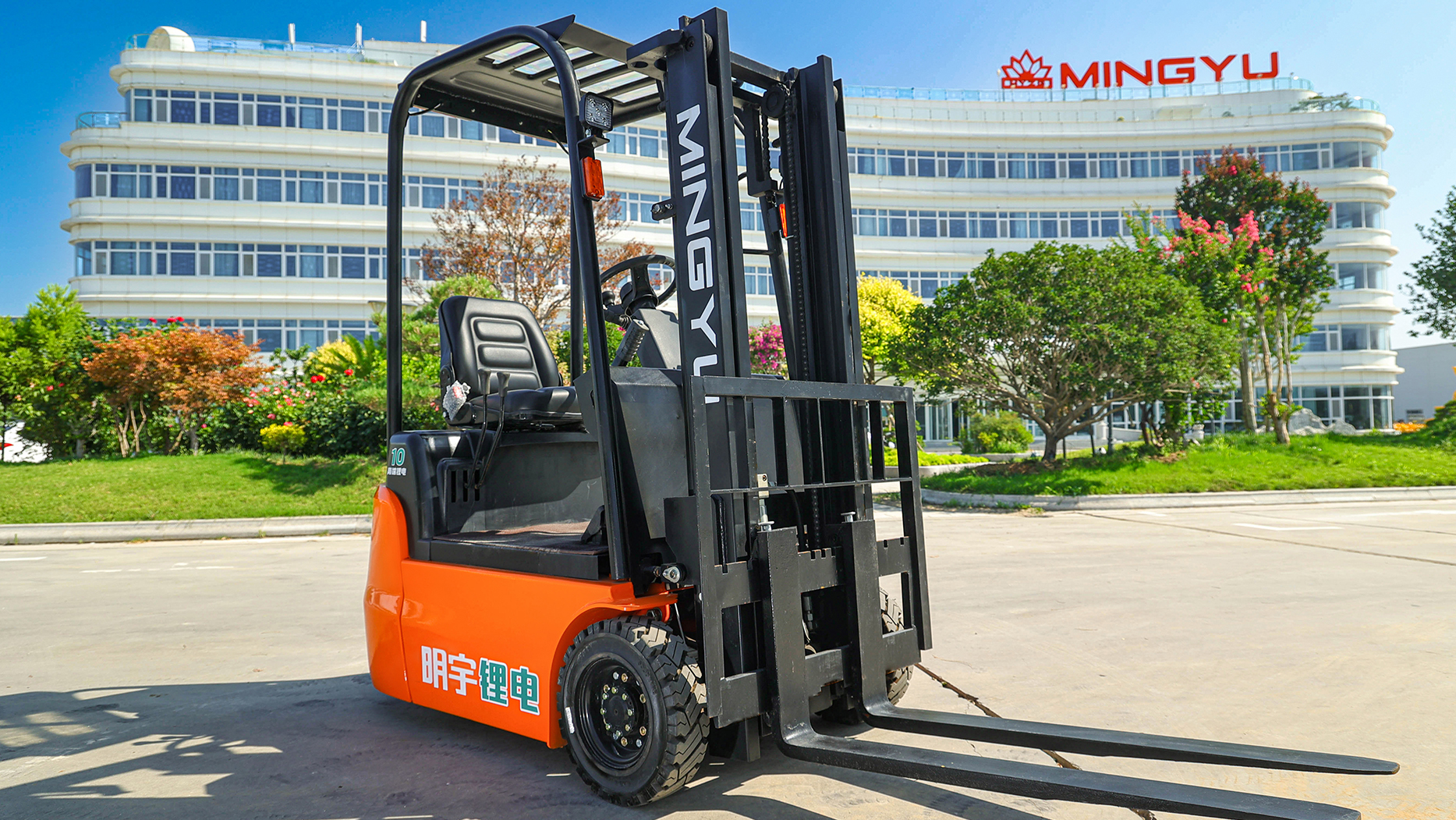While the image of a forklift operator might conjure a general picture of warehouse work, the reality is that this profession encompasses a diverse range of specializations, industries, and skill levels, leading to significant variations in compensation. Pinpointing a single "highest paid" forklift operator is akin to finding the highest-paid driver – the specialization and the demands of the role are paramount. This technical article will delve into the various factors that contribute to elevated earnings for forklift operators, exploring specific roles, industries, and skills that command premium salaries.
It's crucial to understand that the average forklift operator salary, while providing a baseline, doesn't reflect the upper echelons of earning potential. According to recent data, the average hourly pay for a forklift operator in the United States typically ranges from $17 to $20, translating to an annual salary of approximately $35,000 to $42,000. However, certain specialized roles and circumstances can push these figures considerably higher.
Key Factors Elevating Forklift Operator Salaries:
Several key factors contribute to a forklift operator's earning potential, with the combination of these often leading to the highest salaries:
Specialized Equipment Operation: Operating complex or high-value machinery often commands higher pay due to the increased skill and responsibility involved. Examples include:
Rough Terrain Forklifts: Operating large, powerful forklifts designed for uneven outdoor terrain in construction, mining, and forestry requires specialized skills and knowledge of safety procedures in challenging environments.
Telescopic Handlers (Reach Trucks): These versatile machines with extendable booms require precision and expertise to lift and place loads at significant heights and reaches, often in tight spaces.

Very Narrow Aisle (VNA) Forklifts: Navigating and operating these specialized forklifts in extremely narrow warehouse aisles at significant heights demands exceptional skill and focus.
Side Loaders: Used for handling long and bulky items like lumber or steel, side loaders require unique operating techniques and a strong understanding of load stability.
Hazardous Materials Handling: Operators certified and experienced in handling hazardous materials (HAZMAT) often receive higher compensation due to the increased risk and regulatory requirements associated with their work. This requires specialized training, certifications (like those related to OSHA and specific HAZMAT endorsements), and strict adherence to safety protocols. Industries such as chemical manufacturing, waste management, and specialized logistics often employ these higher-paid operators.
High-Demand Industries: Certain industries experiencing significant growth or facing labor shortages may offer premium wages to attract and retain skilled forklift operators. Examples can include:
E-commerce and Logistics Hubs: The rapid expansion of online retail has created immense pressure on warehousing and distribution centers, increasing the demand for efficient and skilled forklift operators.
Construction and Infrastructure Projects: Large-scale construction and infrastructure projects often require experienced operators for material handling in demanding conditions.
Specialized Manufacturing: Industries with complex supply chains or high-value goods may prioritize experienced operators and offer competitive wages.
Geographic Location and Cost of Living: As with most professions, geographic location plays a significant role in determining salary. Operators working in areas with a higher cost of living, strong union presence, or high demand for skilled labor often earn more than those in areas with lower living costs or a saturated job market. Metropolitan areas and regions with significant industrial or port activity may see higher average and top-end salaries.
Experience and Certifications: While a basic forklift operator certification is a fundamental requirement, extensive experience, a proven safety record, and additional specialized certifications can significantly boost earning potential. Employers often value operators with years of experience who can demonstrate efficiency, problem-solving skills, and a commitment to safety. Certifications beyond the basic OSHA requirements, such as those for specific equipment types or advanced operating techniques, can also command higher pay.
 Shift Work and Overtime: Operators willing to work night shifts, weekends, or overtime hours often receive shift differentials and overtime pay, which can substantially increase their annual earnings. Industries with 24/7 operations, such as manufacturing and logistics, often rely on shift work.
Shift Work and Overtime: Operators willing to work night shifts, weekends, or overtime hours often receive shift differentials and overtime pay, which can substantially increase their annual earnings. Industries with 24/7 operations, such as manufacturing and logistics, often rely on shift work.
Union Membership: In unionized workplaces, collective bargaining agreements often establish higher wage scales, benefits packages, and overtime rates for forklift operators compared to non-unionized environments. The strength and prevalence of unions in specific industries and regions can influence overall compensation.
Examples of Potentially High-Paying Forklift Operator Roles:
Considering the factors above, specific roles within the forklift operation field are more likely to command higher salaries:
Experienced Longshoremen/Port Operators: Operating heavy-duty forklifts and container handlers in busy port environments requires specialized skills in loading and unloading ships, handling large and нестандартные loads, and adhering to strict safety regulations. These roles, often unionized, can offer significantly higher wages due to the demanding nature of the work and the high value of the cargo being moved.
Specialized Warehouse Operators in High-Value Goods Industries: Operators working in warehouses handling sensitive, high-value goods (e.g., aerospace components, pharmaceuticals, electronics) often require meticulous attention to detail, specialized handling techniques, and potentially security clearances, which can translate to higher pay.
Rough Terrain Operators in Resource Extraction: Operating large rough terrain forklifts in challenging environments like mines, quarries, and logging sites demands expertise in navigating difficult terrain, handling heavy and unstable loads, and adhering to stringent safety protocols. The hazardous nature of these environments and the specialized skills required can lead to higher compensation.
VNA Operators in Automated High-Bay Warehouses: Operating sophisticated VNA forklifts in highly automated, high-bay warehouses requires precision and familiarity with warehouse management systems and potentially automated guidance systems. The need for accuracy and efficiency in these advanced environments can result in higher wages.
HAZMAT Certified Operators in Chemical or Waste Management: As mentioned earlier, the specialized training and responsibility associated with handling hazardous materials often lead to premium pay rates.
Quantifying the "Highest Paid": Challenges and Estimates:
Accurately quantifying the absolute "highest paid" forklift operator is challenging due to the lack of centralized data on specific high-end roles. However, based on industry reports, job postings in high-demand sectors and locations, and anecdotal evidence, it's plausible that highly specialized and experienced operators in demanding industries or unionized port positions could earn upwards of $50,000 to $70,000 or even more annually, especially when factoring in overtime and benefits.
For instance, experienced longshoremen operating heavy equipment, including specialized forklifts, in major ports can potentially reach the higher end of this spectrum. Similarly, highly skilled VNA operators in critical logistics hubs or HAZMAT certified operators in specialized industries in high-cost-of-living areas might also command salaries in this range.
 It's important to note that these figures represent the higher end of the spectrum and are not typical for the average forklift operator. Achieving these higher salaries usually requires a combination of specialized skills, experience in demanding environments, relevant certifications, and often, union membership or employment in a high-demand, high-cost location.
It's important to note that these figures represent the higher end of the spectrum and are not typical for the average forklift operator. Achieving these higher salaries usually requires a combination of specialized skills, experience in demanding environments, relevant certifications, and often, union membership or employment in a high-demand, high-cost location.
Conclusion: Specialization and Demand Drive Top Earnings:
The notion of a single "highest paid forklift operator" is less about a specific job title and more about a confluence of factors. Operators who acquire specialized skills in operating complex equipment, handling hazardous materials, or working in high-demand industries or challenging environments are more likely to command premium salaries. Geographic location, experience, certifications, and union membership also play significant roles in elevating earning potential.
While the average forklift operator provides a vital service in countless industries, the apex of this profession lies in the hands of those who have honed specialized skills and taken on the responsibilities demanded by complex and often high-stakes environments. These highly compensated professionals are a testament to the fact that even within seemingly common professions, specialization and expertise can lead to significant financial rewards. The "highest paid" forklift operator is likely not just moving pallets; they are a highly skilled professional navigating complex machinery and demanding environments with precision and expertise.
Post time:May.20.2025
